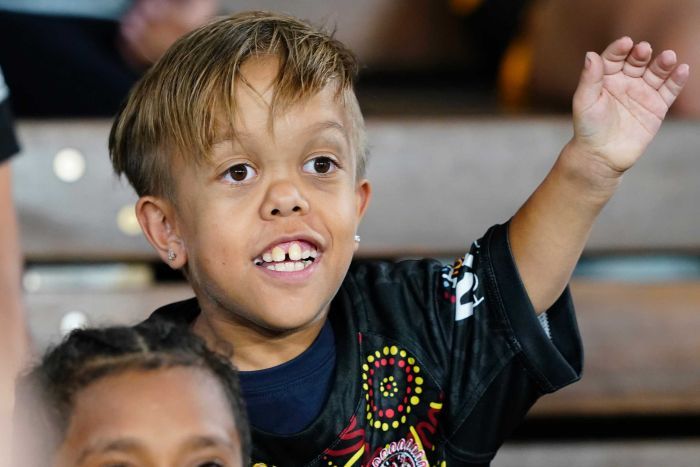
The world has been given an insight into the cruel reality of a young Indigenous boy with a disability, but Quaden Bayles is not alone in his struggle.
A video of the nine-year-old crying after being bullied at school has struck a nerve with the millions who have watched it, and generated an overwhelmingly generous response, with almost $700,000 being donated to his family as of Monday.
But not all of the commentary has been kind. The video has attracted scores of scathing comments about the boy’s condition, with many questioning the family’s intentions in posting the video online.
Most other Indigenous families watching on have been touched by the goodwill of the response, but they know they face an uphill battle to improve care for their own children.
It is estimated about a quarter of Indigenous households have someone living with a disability, and about 7 per cent of those people have a “severe or profound” disability.
Alice Patten’s household is one of them.
The mother of five said she believed Australia had a long way to go to understand the “double disadvantage” Indigenous families faced.
Three years ago, the Gunai and Yorta-Yorta woman quit her job to become a full-time carer for her 15-year-old son, Yarran, who has severe autism.
When she saw the coverage and response to Quaden’s situation, it triggered memories of her son’s own horrifying experiences.
“That video left me in tears,” she said.
“The headlines around, all the coverage around it, because I know it, I feel it.
“That pain, that discrimination, the names, the neglect — we live that.
“You have this barrier of finding the right support for a child with special needs, but then in the process you are experiencing discrimination because of the colour of your skin.”
On the other side of the country, Noongar Yamatji woman Evelyn McKay had similar feelings.
“I cried,” she said of watching the video.
“It hit home. Bullying causes those mental health issues. When I saw it, it reminded me of my son.”
She cares for her two children in Perth’s southern suburbs.
One of her sons has autism and epilepsy, while her other son has ADHD.
“He used to say I don’t want to go back to school,” she said.
“He just wanted to stay home where they feel safe and comfortable.
“This is what Aboriginal kids go through.”
Indigenous people facing ‘institutional racism’ while seeking support
On Monday, the Royal Commission into Violence, Abuse, Neglect and Exploitation of People with a Disability examined the experiences of Indigenous families trying to access disability support services.
University of Western Sydney disability researcher Scott Avery told the commission Indigenous people had to overcome “institutional racism” to get adequate support.
His 2018 research for the First Peoples Disability Network found there were significant gaps in culturally appropriate care.
“When you have complicated, complex health needs you really need everyone to kind of buy in,” Dr Avery told the inquiry.
“But you have this system where actually no-one’s taking responsibility for this.”
Indigenous mother and nurse Narelle Reynold gave evidence to the commission today detailing the “double whammy” she faced raising two sons with a disability.
Her two adult children were born with fragile x syndrome — a complex genetic condition which causes intellectual and cognitive disabilities.
Ms Reynolds struggled to hold back tears as she told the inquiry about her fight to access appropriate care for her children’s complex needs.
“In the last 12 months, I’ve lived in a tent, in a shed, in a cabin, everything has been short term,” she said.
“My sons are traumatised by making them move and I see that trauma all the time but there’s not much I can do.”
Ms Patten said she was hopeful Quaden’s story would make people kinder and teach them to “show some humanity”.
“It’s taken a lot of pain, heartache, tears finding the right to people to listen,” she said.
“But people are just cruel sometimes and I hope that changes — for Quaden, for us, for everyone.”




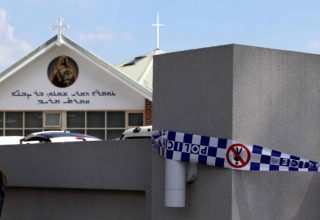
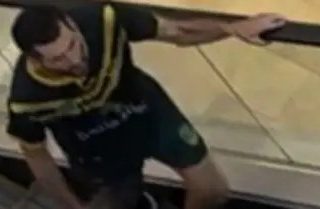
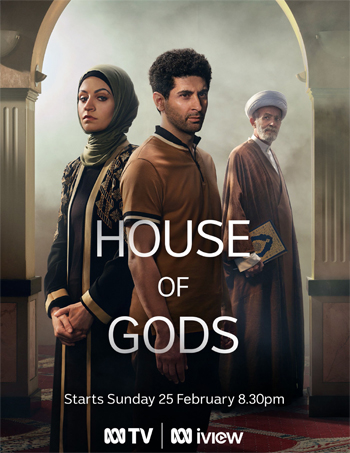

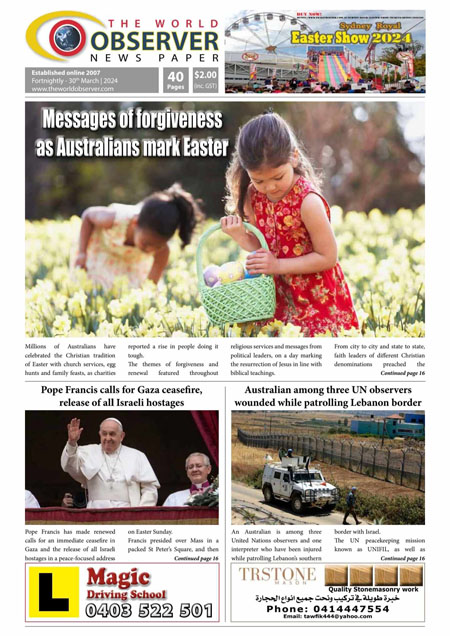
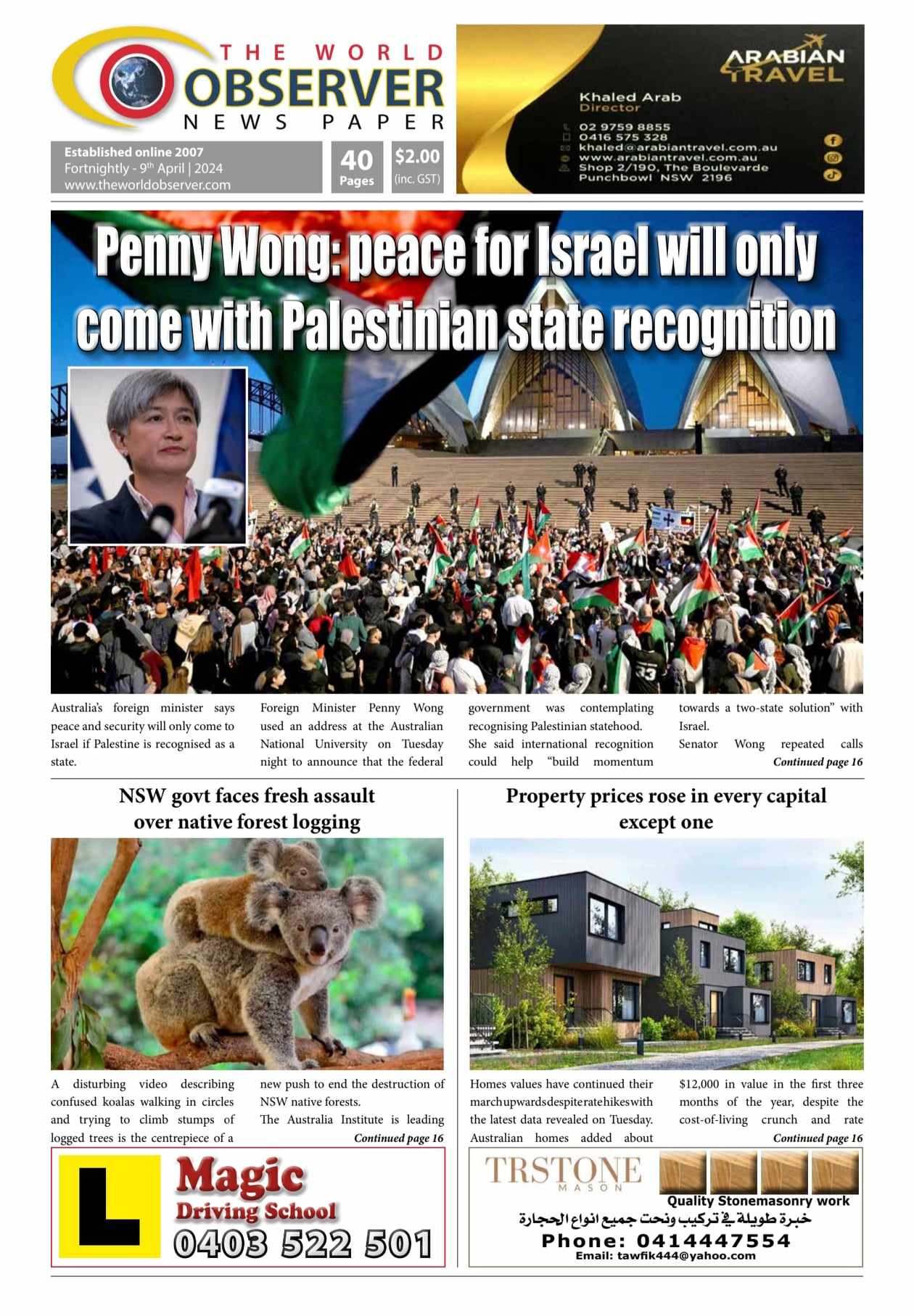

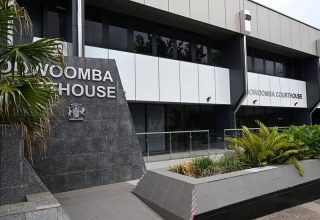





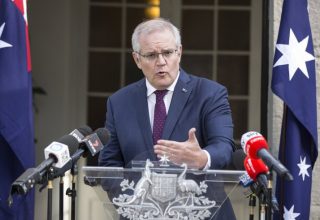
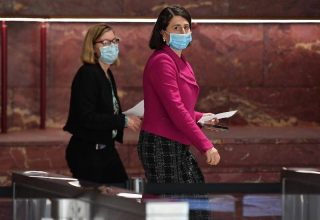













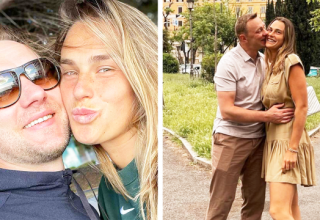





 The World Observer Media produces a daily online newspaper, a daily Arabic online newspaper and a monthly printed Arabic/English magazine and a weekly printed Arabic/English newspaper.
The World Observer Media’s mission is to entertain and educate all generation from the Ethnic Communities in Australia, who are interested in local, national and foreign information.
The World Observer Media produces a daily online newspaper, a daily Arabic online newspaper and a monthly printed Arabic/English magazine and a weekly printed Arabic/English newspaper.
The World Observer Media’s mission is to entertain and educate all generation from the Ethnic Communities in Australia, who are interested in local, national and foreign information. 


